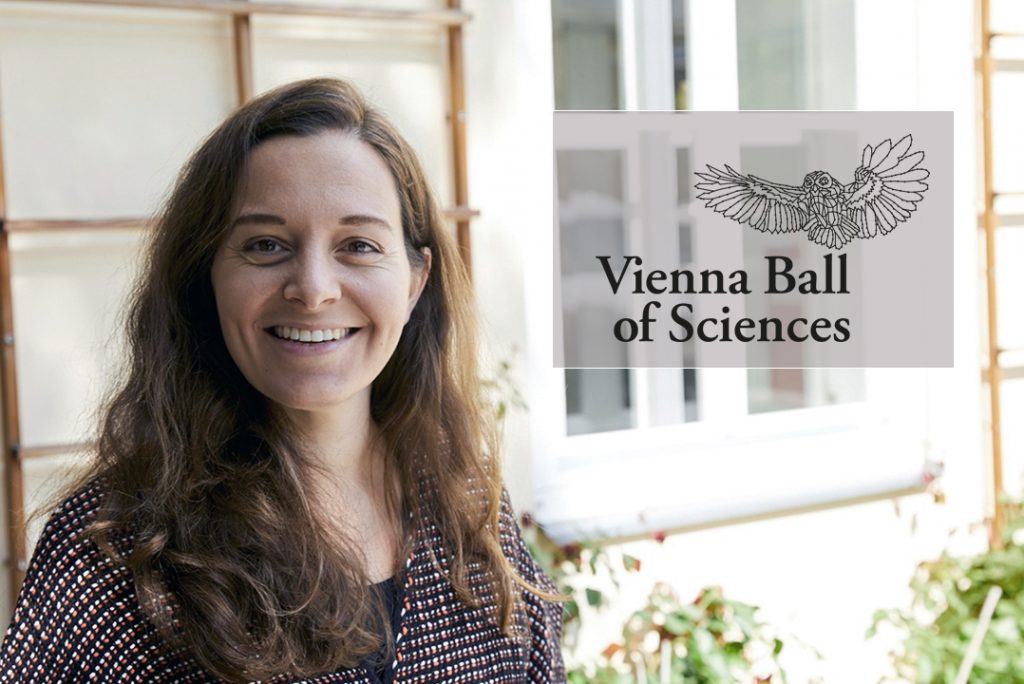“Gregor Mendel, whose 200th birthday was celebrated a few months ago in Brno, Vienna and also around the world, is known as the ‘founder of genetics’. Mendel is among the great names in biological research, and is often mentioned in the same breath as Charles Darwin. Mendel’s experiments on peas led to the discovery of the ‘Mendelian Inheritance’, named after him. Today, his findings can be found in every biology textbook.
Mendel’s scientific work was made possible by his entry into the monastery in Brno, which was also secured his financial livelihood. In the 19th century, only extremely privileged people could afford to become researchers. Mendel, however, came from a humble background, and without the Augustinian monastery, which provided for his livelihood, he would not have had the opportunity to devote himself to science. Research, then as now, required the right framework.
Although education has undoubtedly become more accessible since the mid-19th century, in Austria the level of education is still relatively ‘inherited’ within families (not according to Mendel’s rules, but passed on nonetheless). This means that children from educationally disadvantaged families are less likely to acquire higher educational qualifications and are consequently underrepresented in science. It is a depressing thought that we might continuously lose potential Nobel Prize winners due to a lack of support. Research needs opportunities and diversity in order to flourish, and it needs time, freedom and the appropriate status in our society. This is also what Gregor Mendel stands for, who as an outsider, a monk who was never part of the academic establishment, founded a new scientific discipline.”
Barbara Fischer is an evolutionary biologist who teaches and conducts research at the University of Vienna, where she is leading an EU project to mark the 200th anniversary of Gregor Mendel’s birth. She is also involved in science education and is the author of a biology textbook series. For her research, Barbara was awarded, among others, the science prize by the province of Lower Austria and an Elise Richter Prize by the FWF.
